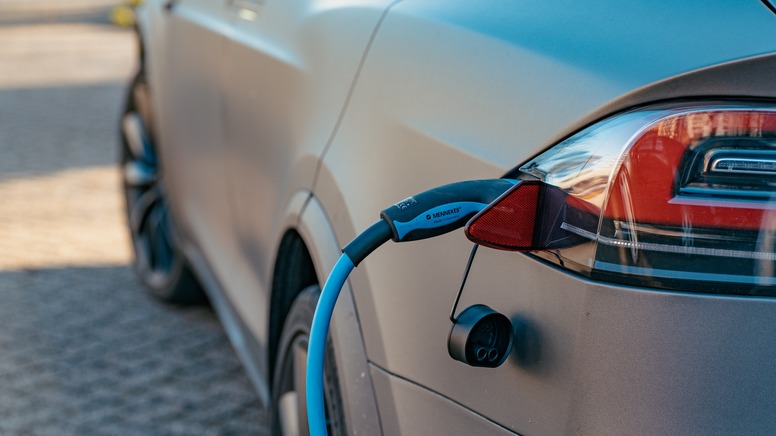Has your union representative made a difference for you and your colleagues? Then you can say thank you by nominating them for the Union Representative of the Year award.
News
Electric vehicles: shortage of charging points puts off buyers

When you ask Danes what type of car they would choose if they had to buy a new car, many are open to going electric. 22 percent would be "very likely" to choose an electric car, 17 percent a hybrid car, while 15 and 6 percent respectively would choose a petrol or diesel car.
"The study is therefore in line with the trend we are seeing, namely that the diesel car is dead and the electric car is taking over in private car purchases," says Mads Aarup, IDA's expert on electric cars and battery technology.
But when it comes to possible roadblocks to buying an electric car, apart from price, the main concern among Danes is charging.
In the survey, 49% say it is a "big" or "very big" barrier that it is too far between charging points, while 43% say it is a big or very big barrier that they cannot charge electric cars where they live.
When asked whether the lack of charging stations or other barriers could mean choosing a plug-in hybrid over an electric car, 38 percent said it was "likely" and 19 percent said it was "very likely."
"I also note some concern about the range of cars in the survey, and this only serves to underline how important charging infrastructure is to considerations of car choice. That said, I sense that 'range anxiety' is particularly thriving among people who don't own electric cars. Because once you have an electric car, you figure out how to charge where it's easiest," says Mads Aarup, an 8th year electric car driver himself.
But charging infrastructure is clearly a challenge that needs to be addressed, he stresses:
"The roll-out of charging stations is more important than ever, and must not only keep up, but ideally also be ahead of sales of rechargeable cars. For example, when so many people in the survey say that not being able to charge where they live is a barrier, it is a clear signal of how important the charging infrastructure is when considering the purchase of rechargeable cars," says Mads Aarup.
And here we need to think big, he urges:
"We need to get housing associations involved, we need to get businesses involved, and we need to have kerbside chargers along local roads — and we need to have charging capacities in summer house areas so that both we and tourists can charge up. In short: We need to bring the whole range of solutions into play," says Mads Aarup.
About the survey
The survey covers 2,000 people aged between 18 and 70, and was completed in December 2021. The data collection was conducted by Userneeds for IDA.
Survey results (scroll to the bottom of the table to see all responses):